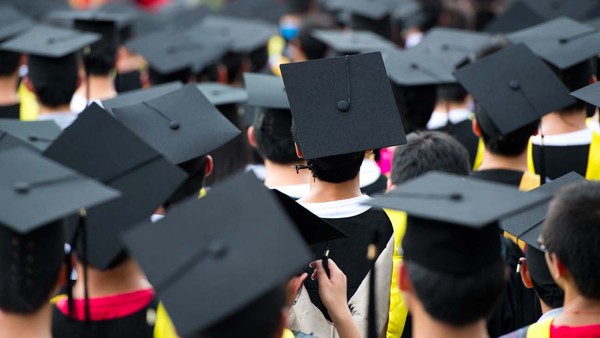Some Student Aid Limited to First Bachelor’s Degree

The Free Application for Federal Student Aid (FAFSA) asks whether an applicant has received a bachelor’s degree because some forms of financial aid only are available to students who have not received a bachelor’s degree.
Limitations on Types of Financial Aid Based on Degrees Held
The following types of financial aid only are available to students who have not received a bachelor’s degree:
- Federal Pell Grant
- Federal Supplemental Educational Opportunity Grant (FSEOG)
- Teacher Education Assistance and Higher Education Grant (TEACH Grant)
The Federal Pell Grant, for example, is available only to pay for a student’s first bachelor’s degree. As soon as a student has received a bachelor’s degree, the student is no longer eligible for further Federal Pell Grants. However, if a student has received one or more certificates and/or associate’s degrees, but has not yet received a bachelor’s degree, they can continue receiving the Federal Pell Grant.
Students who already have a bachelor’s degree may still be eligible for some forms of financial aid:
- Federal education loans, such as the Federal Stafford loan and Federal PLUS loan, subject to remaining annual and aggregate loan limits
- Federal Work-Study
How to Answer the FAFSA Question About Prior Bachelor’s Degrees
Thus, students who have not yet received a bachelor’s degree should answer “No” to the question about having received a first bachelor’s degree. If they incorrectly answer “Yes” to this question, they will receive less financial aid.
Students who will be enrolling in graduate or professional school to pursue a master’s degree, doctorate or professional degree (M.D., J.D., L.L.B. or M.B.A.) should answer “Yes” to the question about a first bachelor’s degree, unless they will still be an undergraduate student at the start of the academic year.
If the student is enrolled in a joint undergraduate-graduate degree program, such as an eight-year medical program that awards both a bachelor’s degree and an M.D., they will be considered an undergraduate student for part of the program and a graduate student for the rest. Federal rules require the students to be considered undergraduate students for at least the first three years of the program, even if the students are taking graduate-level classes.
Each school sets its own rules on how to classify students during the fourth and subsequent years of such dual-degree programs. If a student has received a bachelor’s degree from a diploma mill or an unaccredited school, the student is not eligible for the Federal Pell Grant.
Students who have a bachelor’s degree from a foreign institution are ineligible for the Federal Pell Grant if the foreign degree is the equivalent of a U.S. bachelor’s degree. Some foreign bachelor’s degrees can involve only three years of study but nevertheless are the equivalent of a U.S. bachelor’s degree. Ask the financial aid office whether the foreign degree counts as a bachelor’s degree.
Students who are enrolled in post-baccalaureate programs to obtain teaching certificates or state licensing are still eligible for the grant programs.
Tips on Timing of Bachelor’s Degrees
Students who will receive two bachelor’s degrees should take care to finish the requirements for both degrees at the same time. If they complete the requirements for one degree before the other, they can lose eligibility for some forms of financial aid for the second degree.